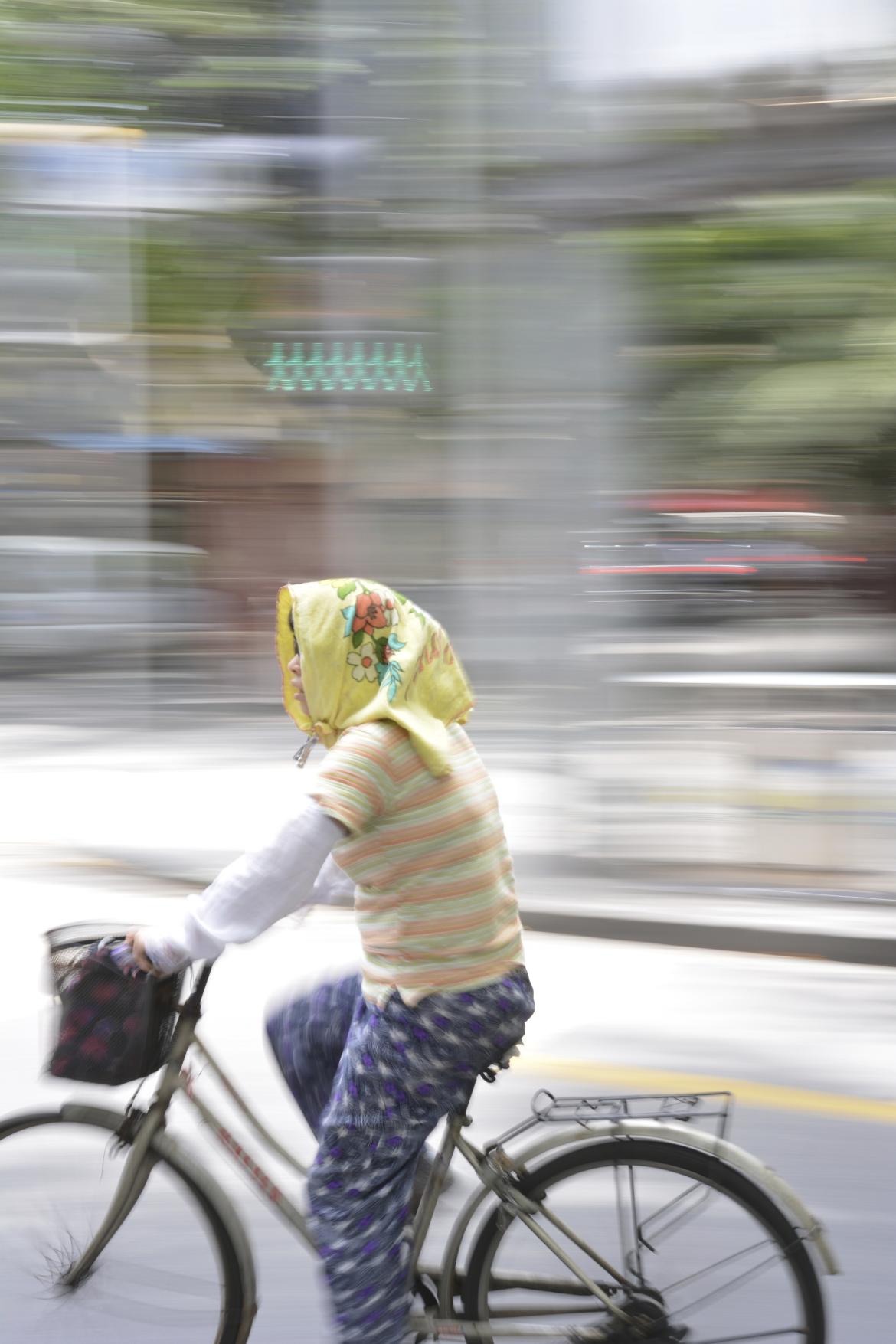
February 11, 2014 - 2:30am
A few weeks into this Year of the Horse, a popular Vancouver Island University (VIU) lecture series will continue with a professor sharing what he knows about one horse in particular, and the impact it has had on millions of Chinese keen to challenge their government and voice their views.
Media Studies Professor Doug Stetar will examine two key aspects of contemporary China in an Arts & Humanities Colloquium presentation Feb. 14 titled “Song of the Grass Mud Horse: Language and Resistance in Chinese Social Media.” The free event begins at 10 am.
Stetar will share his knowledge of China’s middle class and the impact their huge and growing numbers – more than 300 million people – have had both within and beyond their country’s borders.
He’ll also present his research on how China’s middle class is using social media to support, question, and vehemently challenge their government.
“In the west, what we tend to think is that the Chinese want their government gone, they want democracy, they want what we have,” Stetar says. “But the Chinese people don’t want what we have. Most tell you they don’t want it, they don’t view the west as having a better system of government, they just think that their government is not behaving as well as it should be.”
Confronted by government censorship, Chinese social media users have developed oblique code words, such as the now famous (and quite profane in translation), "Grass-Mud Horse," to mask their ongoing resistance.
“There’s a constant game of cat and mouse amongst China’s Internet citizens,” Stetar says. “There are certainly millions doing it, and they are constantly trying to stay ahead of the government, while the government is constantly trying to censor them.”
The presentation will explore this potentially revolutionary movement, one which Professor Stetar sees as “arguably the most important political movement on the planet. And it’s a movement that, because of language and culture, remains largely unseen in the West.”
The Chinese government is being pressured to evolve to a more open society, where it is not in such strong conflict with its citizens, he says. “And if it can’t do that successfully and it comes to a more radical head, it threatens the economy of the world really quickly, and really dramatically.”
“Our own government tends to give us cartoonish versions of China, it’s all bad, but what that does is hide the nuance and the subtlety of what’s going on,” he adds.
Stetar, who developed an early interest in Asian culture growing up on a Lower Mainland farm amongst Chinese immigrant workers, has travelled several times to China, and will share his experiences from those visits.
Please note: Those attending should be aware this presentation contains occasional course language.
-30-
Media Contact:
Shari Bishop Bowes, Communications Officer, Vancouver Island University
P:250.740.6443 C: 250.618.1535 E: Communications@viu.ca T: @viunews
Tags: In the Community






